Showing results 361-370 of 421 for UDL
Search results
-
Statement

CAST, 2013
CAST responds to the U.S. Department of Education Guidance on Title I Peer Review Process
-

This UDL-based e-portfolio will help CTE teachers in Brockton and Somerville, MA create relevant learning opportunities that close the gap between skill development and skill demonstration. The innovative features inherent in CTEfolio will allow educators to create flexible assignments and students to show what they know in multiple ways.
-

My favorite memory of CAST is my first interaction with CAST during the second semester of my senior year of college; I became obsessed with CAST and UDL and committed myself to trying my best to get an internship at CAST.
-
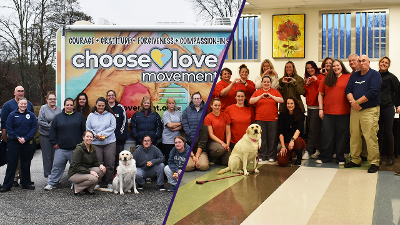
Using the Universal Design for Learning framework, the CAST team redesigned the Choose Love activities, discussions, and assessments to account for variability of the learning environments and learners within the New Hampshire Department of Corrections.
-
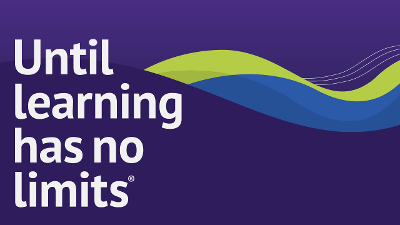
Located near Boston, CAST is a nonprofit education research and development organization that created the Universal Design for Learning framework, now used the world over to make learning more inclusive. The CAST team includes over 50 talented employees, including world-class educators, learning scientists, instructional designers, literacy experts, policy analysts, UX and graphic designers, software engineers, and a first-rate administrative and executive staff.
-
Statement
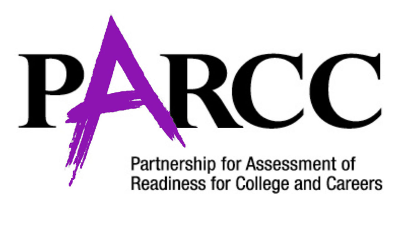
CAST, 2013
CAST offers recommendations to the Partnership for Assessment of Readiness for College and Careers (PARCC) to improve its proposed accommodations for students with disabilities who take PARCC’s large-scale assessment. The accommodations in question concern writing.
-
Statement

CAST, 2013
CAST offers recommendations to the Partnership for Assessment of Readiness for College and Careers (PARCC) to improve its proposed accommodations for students with disabilities who take PARCC’s large-scale assessment. The accommodations in question concern reading and the use of calculators.
-
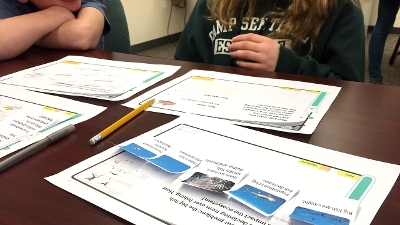
The goal of the I-SMART project is to develop rigorous, universally designed science assessments for students with significant cognitive disabilities and any students who are not meeting grade-level standards.
-
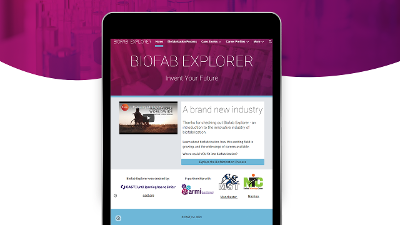
This project aims to broaden the participation of underrepresented populations in biofabrication and biomanufacturing by embedding career guidance into Career and Technical Education (CTE) classrooms that provide options for dual enrollment (i.e., taking college-level courses for credit while enrolled in high school).
-
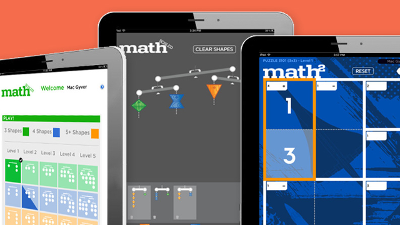
Teaching algebraic reasoning skills in a non math-specific context helps students overcome barriers to learning.
